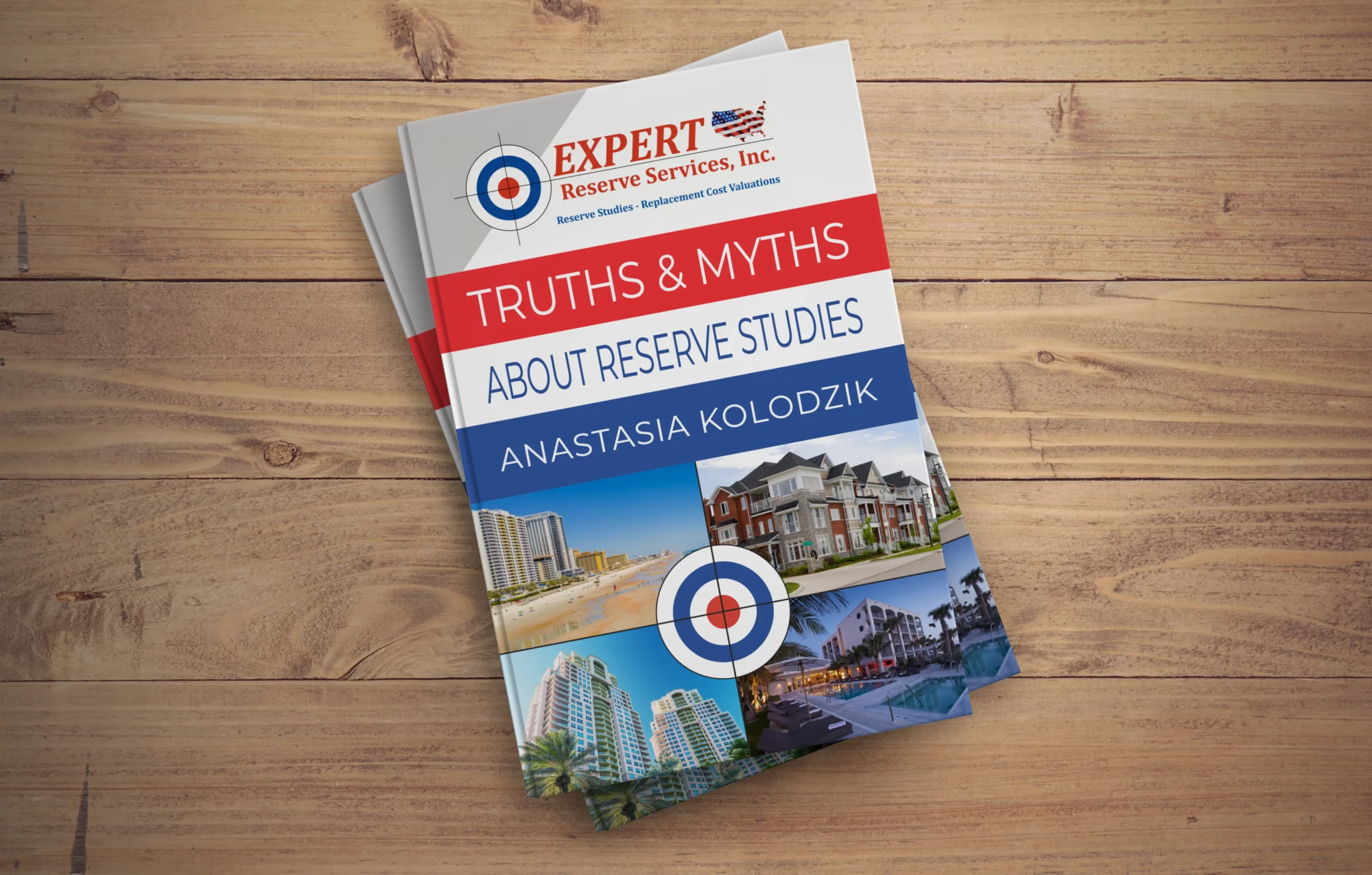Structural Integrity Reserve Studies (SIRS)
The Structural Integrity Reserve Study examines the reserve funds required for future major repairs and/or replacement of the common area structural components based on visual examination.
A condominium association must have a structural integrity reserve study completed at least every 10 years after the condominium’s creation for each building on the condominium property that is three stories or higher in height which includes, at a minimum, a study of the following items:
– Roof
– Load-bearing walls or other primary structural members
– Fireproofing and fire protection systems
- Plumbing
– Electrical systems
– Waterproofing and exterior painting
– Windows & Doors (common areas)
Any other item that has a deferred maintenance expense or replacement cost that exceeds $10,000 and the failure to replace or maintain such item negatively affects the items listed above, as determined by the Professional Reserve Analyst, Reserve Specialist, engineer, or architect performing the visual inspection.
FS718.112 (2) (g)
(g) Structural integrity reserve study.—
1. An association must have a structural integrity reserve study completed at least every 10 years after the condominium’s creation for each building on the condominium property that is three stories or higher in height which includes, at a minimum, a study of the following items as related to the structural integrity and safety of the building:
a. Roof.
b. Load-bearing walls or other primary structural members.
c. Floor.
d. Foundation.
e. Fireproofing and fire protection systems.
f. Plumbing.
g. Electrical systems.
h. Waterproofing and exterior painting.
i. Windows.
j. Any other item that has a deferred maintenance expense or replacement cost that exceeds $10,000 and the failure to replace or maintain such item negatively affects the items listed in sub-subparagraphs a.-i., as determined by the licensed engineer or architect performing the visual inspection portion of the structural integrity reserve study.
2. Before a developer turns over control of an association to unit owners other than the developer, the developer must have a structural integrity reserve study completed for each building on the condominium property that is three stories or higher in height.
3. Associations existing on or before July 1, 2022, which are controlled by unit owners other than the developer, must have a structural integrity reserve study completed by December 31, 2024, for each building on the condominium property that is three stories or higher in height.
4. If an association fails to complete a structural integrity reserve study pursuant to this paragraph, such failure is a breach of an officer’s and director’s fiduciary relationship to the unit owners under s. 718.111(1).
Traditional Reserve Studies (TRS)
A traditional reserve study is a financial planning tool used by condominiums, homeowner associations, and other organizations to anticipate and budget for the repair and replacement of common property elements. This is particularly important for shared communities where there are common areas, buildings, and infrastructure that need ongoing maintenance.
In Associations that require a Structural Integrity Reserve Study, a Traditional Reserve Study will address the remaining items the Association is responsible for maintaining and replacing. For example: pavement/ asphalt, pool & equipment, elevators, generators, etc. These items can be quite expensive. In maintaining the goal of less frequent special assessments, a Traditional Reserve Study bridges the missing information a Board needs to formulate its budget.
A detailed inspection of the property is conducted to identify all common elements that will require repair or replacement over time. Each identified component is assessed for its remaining useful life and the estimated cost of repair or replacement. A financial analyst or reserve study specialist evaluates the current reserve fund, future contributions, and anticipated expenses. Factors such as inflation and interest rates, beginning balances, and immediate projects are considered. Based on the analysis, a plan is developed to ensure there will be sufficient funds available when repairs or replacements are needed.
This might involve adjusting association fees. A Traditional Reserve Study helps ensure that a community association has the financial resources in place to address future capital expenditures and reduce the need of Special Assessments.
Replacement Cost Valuations (RCV)
A Replacement Cost Valuation (RCV) is also sometimes called an Insurance Appraisal. It is used to determine the cost to replace the structure if a total loss was to occur – and therefore how much it needs to be insured for. The State of Florida requires all residential condominium associations to have these completed at a minimum of every 36 months: FS718(111)11a.


